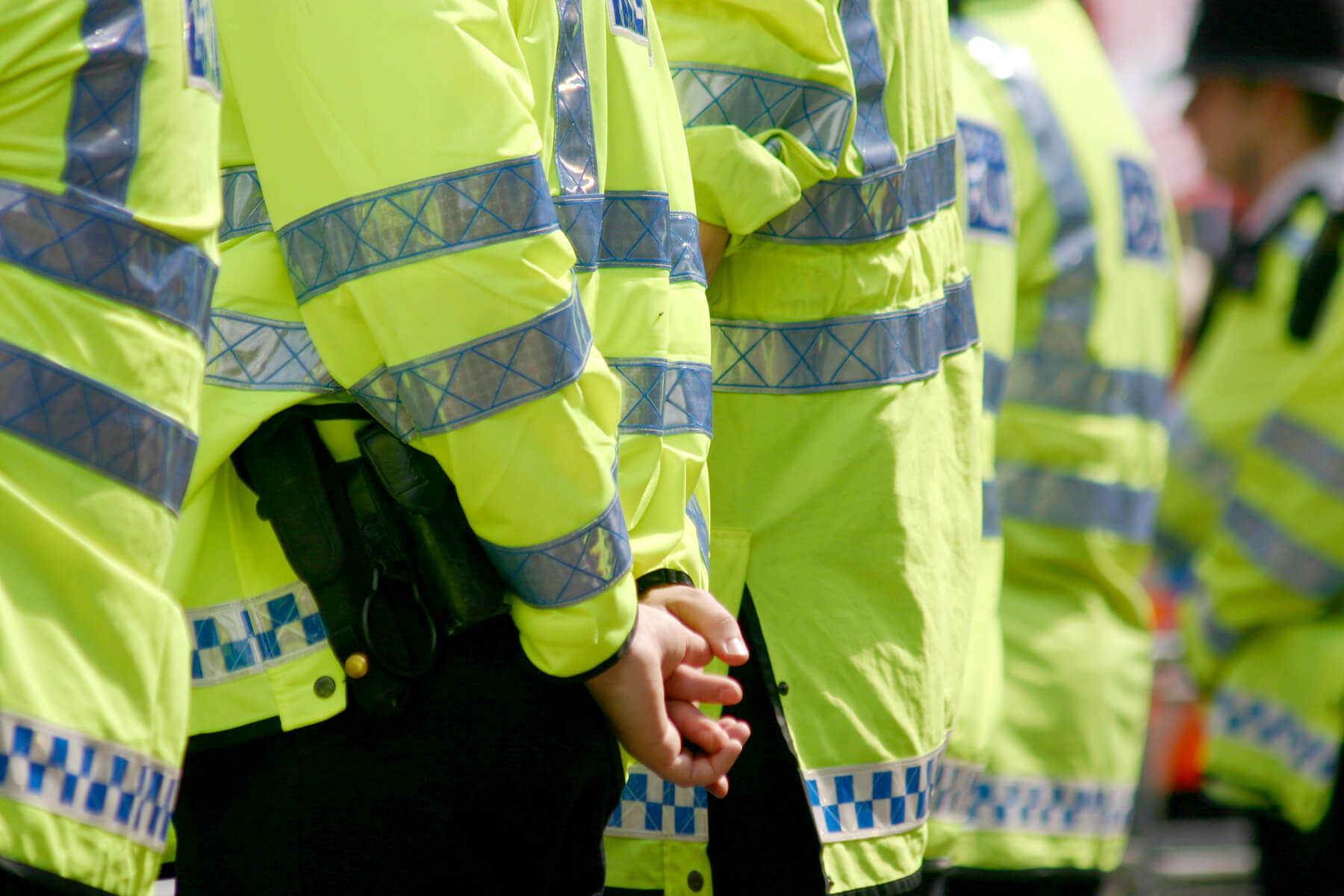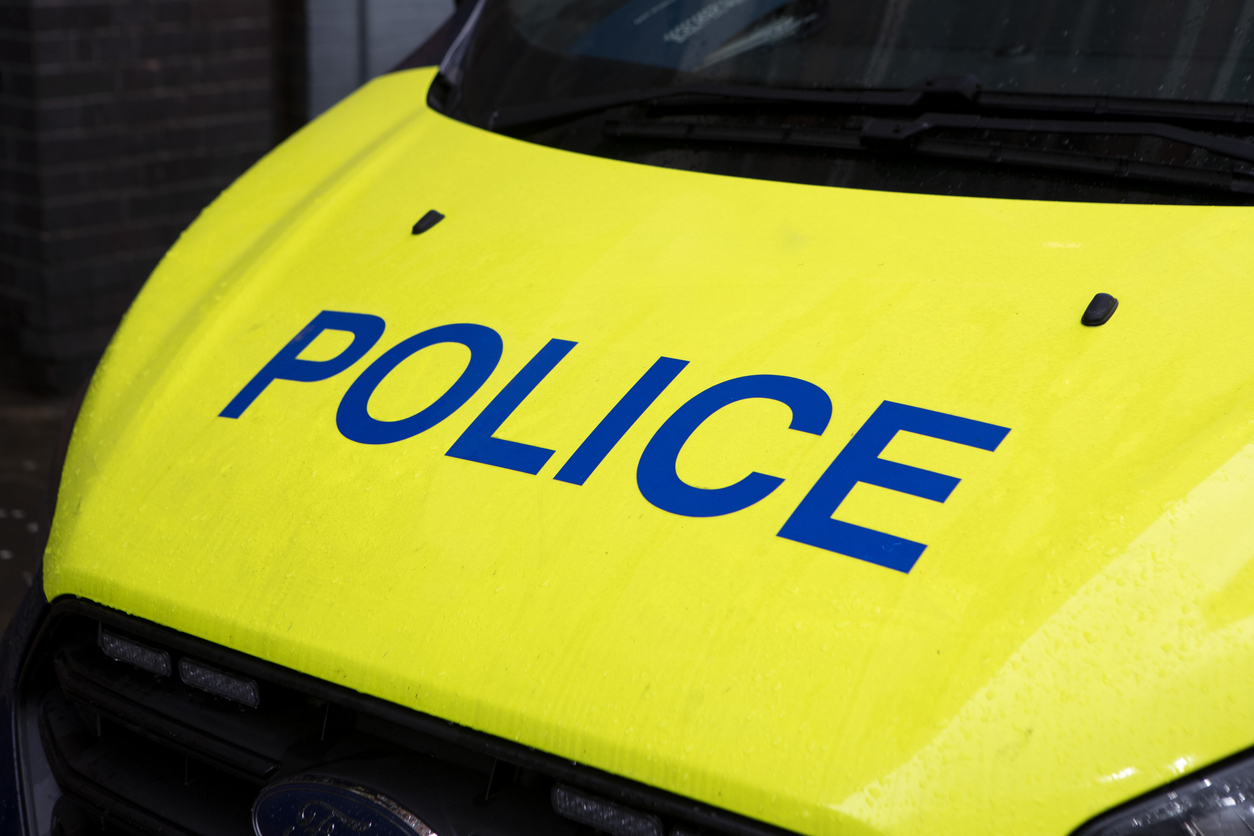Unlawful arrest of an anti-monarchist resulted in £2,500 compensation
Unlawful arrest of an anti-monarchist resulted in £2,500 compensation
In 2022, Symon Hill was unlawfully arrested for anti-monarchist heckling during King Charles III’s proclamation. Nearly three years later, the Thames Valley Police have finally admitted wrongdoing, and Hill has been awarded £2,500 in compensation for wrongful arrest.
Unlawful arrests undermine individual freedoms and the law itself, as the police go above and beyond their powers. The case of Symon Hill demonstrates how not only did the police act unlawfully in arresting Hill, but it also left a chilling effect on the issue of free speech.
The police’s actions in this case could not only create public distrust in enforcing bodies but also could deter individuals from expressing their opinions out of fear of action. What happened to Symon Hill serves as an example of why overseeing bodies and an individual’s right to take legal action against the police are necessary to ensure that the police force acts lawfully, within the rules of their specific guidelines.

What happened?
On a Sunday morning in September 2022, Symon Hill, a trainee Baptist minister, was on his way home from church in Oxford when he came across the procession announcing King Charles III’s accession. As he tried to make his way through the crowd, he struck up a conversation with police officers, mentioning his opposition to the monarchy.
During the proclamation, Hill began to voice his dissent by calling out, “Who elected him?”, after which some people in the crowd told him to be quiet. Security guards quickly approached and ordered Hill to remain silent. When Hill pushed back, defending his right to express an opinion, several police officers intervened, forcibly detaining him.
Bystanders questioned the necessity of the arrest, pointing out that Hill had not been disruptive or threatening, he was merely expressing an opinion. Despite this, he was handcuffed and taken away.
Later in court, footage from police body cameras revealed officers discussing whether they should issue a fine or release Hill to avoid complaints. This shows that even the police involved recognised the shaky legal grounds for the arrest.
After his release, Hill was instructed to attend a police station—though it was framed as a voluntary visit, it was clear he had little choice. He was charged under the Public Order Act for ‘threatening or abusive words or behaviour.’ However, in January 2023, the Crown Prosecution Service dropped all charges due to insufficient evidence.
After a long legal battle, Thames Valley Police finally admitted wrongdoing and awarded Hill £2,500 in compensation.
After receiving compensation, Hill commented:
“This is not just about me. It never has been. It is about the rights of all people to dissent, to express their views, to refuse to bow down, to assert the dignity and equality of all human beings.
“With the vague anti-protest laws as they are, anybody could face arrest for expressing an opinion in a public space. The law must be changed, and the police must be held to account.”

The law surrounding police powers of arrest
Under the Police and Criminal Evidence Act 1984 (PACE), an officer can only arrest someone if they have a warrant or ‘honest and reasonable grounds’ to suspect that the person is involved in a criminal offence and the arrest needs to be necessary. However, police discretion can sometimes lead to unfair and prejudiced decisions, resulting in wrongful arrests.
The Human Rights Act 1998 further protects individuals against unlawful detention. Article 5 of the Act guarantees the right to liberty and security, which means that if someone is arrested:
- They must be informed of the reason for their arrest.
- They have the right to access written codes explaining their rights.
- They have the right to legal representation and private consultation with a solicitor.
- If their arrest is deemed unlawful, they have the right to seek compensation.
The unlawful arrest of Symon Hill is a reminder that these legal protections must be upheld and that police officers should not infringe on a person’s right to express their opinion or peacefully protest.

Can I take action against the police?
Wrongful arrest happens when a police officer does not have valid grounds for suspicion or when an arrest is unnecessary. This includes situations where a person could have been questioned or investigated without being detained. If you have been wrongfully arrested, you may be entitled to compensation.
What you can claim for
- False Imprisonment: Any period spent in custody due to an unlawful arrest can be compensated.
- Assault: If you are successful with your false imprisonment claim you will automatically be compensated for any force used in executing the imprisonment or if excessive force was used, including handcuffing, tasers, or Pava spray, you may have grounds for making an assault claim
- Breach of Human Rights: Any violation of rights protected under the Human Rights Act.
To make a claim, two key factors must be considered:
- Did the officer have honest and reasonable grounds to suspect the individual of a crime?
- Was the arrest necessary, or could inquiries have been conducted without detaining the person?
If either of these conditions are not met, you may have a strong case for wrongful arrest compensation.

HNK Solicitors can help you with your claim
If you have experienced any form of police misconduct, our specialist team at HNK Solicitors can help you with your claim. If you feel you have been wrongfully arrested by police, get in touch with our specialist team today. The sooner you get in touch, the better, as this allows us to gather evidence to support your claim promptly.
We operate on a no-win, no-fee basis, which means there is no upfront cost until you receive your compensation. We also offer a free consultation, with no obligations, so that we can assess the viability of your claim.
We are here to help. To start your claim, you can get in touch with us via our online contact form, email us at enquiries@hnksolicitors.com, or call us on 0151 668 0809.













